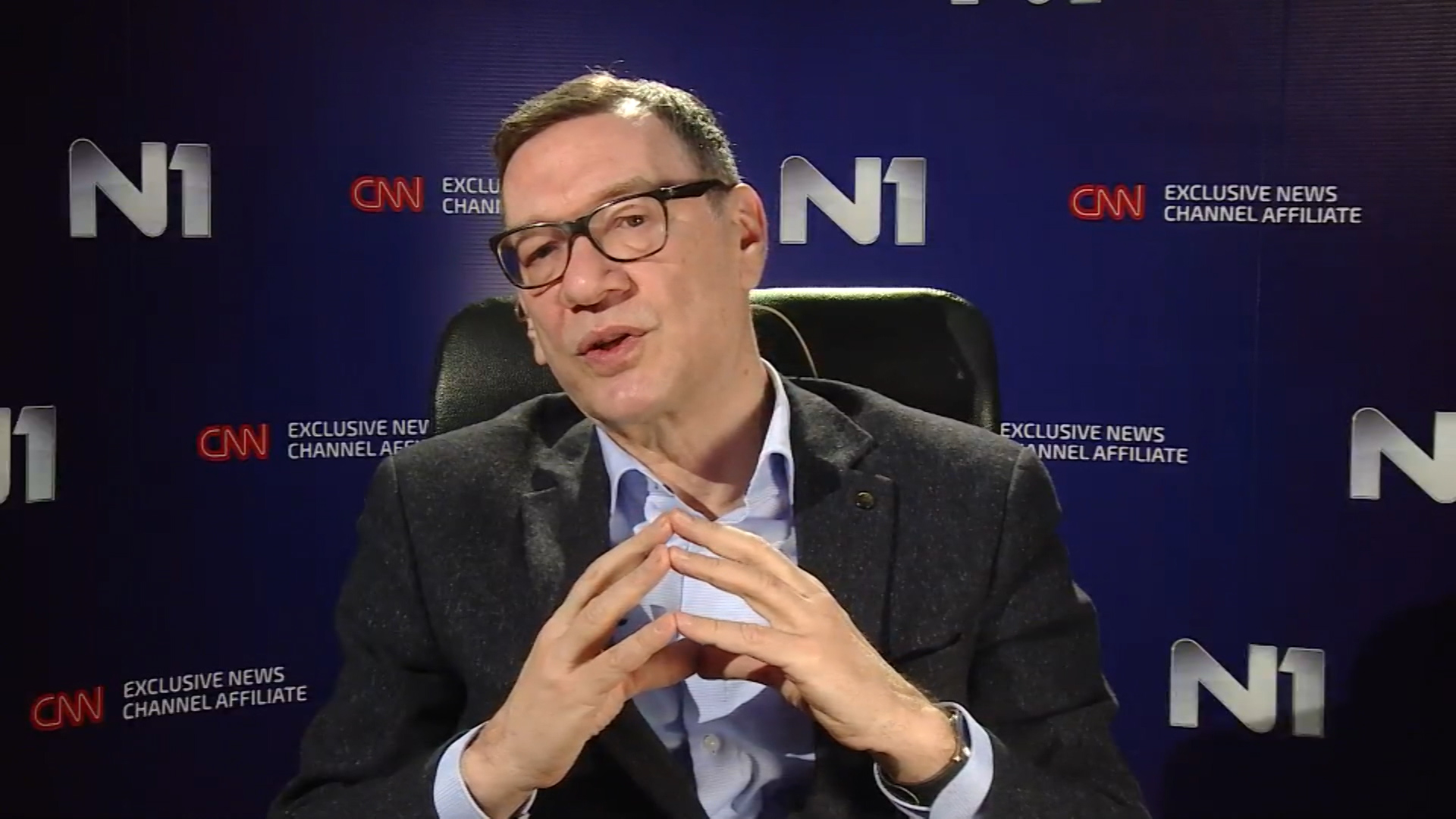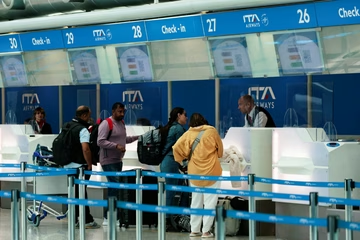Economy expert: Bosnia is a digital wasteland

To catch up with countries in the region, Bosnia would have to have economic growth of six to seven per cent, instead of the current three, but that is unlikely as the country’s financial system is underdeveloped, economy expert Vjekoslav Domljan told N1 on Monday.
Oglas
“The rate of growth of Bosnia’s economy is around three per cent, so in order to catch up to the countries it lags behind it would have to raise its rate to six to seven per cent,” he said, adding that Bosnia’s income is about 5,000 US Dollars per capita and a growth rate of seven per cent would double that in ten years.
In another ten years, the income would stand at 20,000 US Dollars, so Bosnia would become a country of high income within some 15 years, he estimated.
“However, we don’t have a developed financial system, so we cannot have a high rate of growth and investments,” he said.
Oglas
The country’s problem is that it is not implementing structural reforms. There is no growth and development without saving and investing, Domljan emphasised.
The global economic situation is not very good for Bosnia either, especially since a recession is expected in Italy and Germany and 50 per cent of the Bosnia’s exports go to those two countries and Croatia, he said.
“At a time when the economy is facing recession, everyone is trying to keep the money - citizens spend less, companies invest less, banks give out fewer loans. Then it is left to someone - the state - to take some measures to improve the situation,” Domljan explained.
Economists do not expect a recession that is as severe as the last one, he said. “There could be minor fluctuations of interest rates, but we don’t expect a huge shift.”
Oglas
What additionally complicated the situation Bosnia is in are the 100 per cent tariffs Kosovo imposed on imports from Bosnia and Serbia, in violation of a regional agreement.
“Investors don’t look at a single country, but a region, especially with small countries,” and that in this case a member of the CEFTA (Central European Free Trade Agreement), the expert explained.
And last but not least, Bosnia’s investments will not rise if the IT sector is not developing.
Without a thorough digitalisation of companies, of the entire economy, no investments can be expected, he said.
Oglas
“Bosnia and Herzegovina is, in fact, a digital wasteland, the least digitised country in Europe,” Domljan said, noting that Ukraine recently introduced 4G, leaving Bosnia to remain the only country in Europe still using 3G.
Kakvo je tvoje mišljenje o ovome?
Učestvuj u diskusiji ili pročitaj komentare
Oglas
Kakvo je tvoje mišljenje o ovome?
Učestvuj u diskusiji ili pročitaj komentare
Oglas





 Srbija
Srbija
 Hrvatska
Hrvatska
 Slovenija
Slovenija


























































